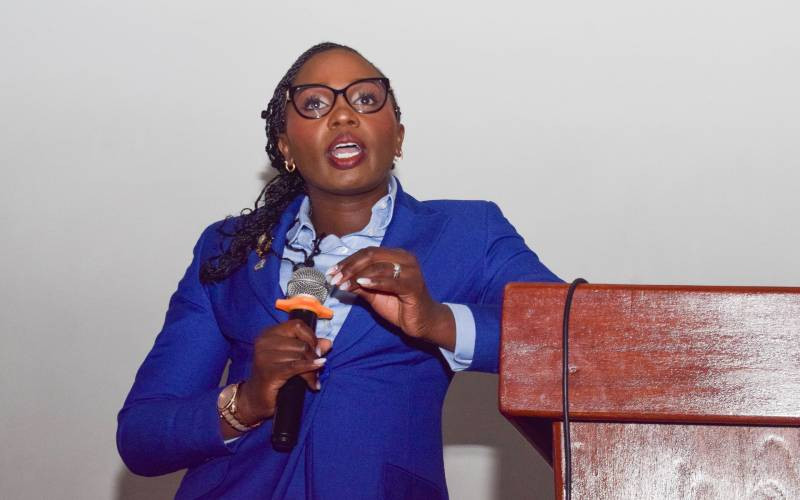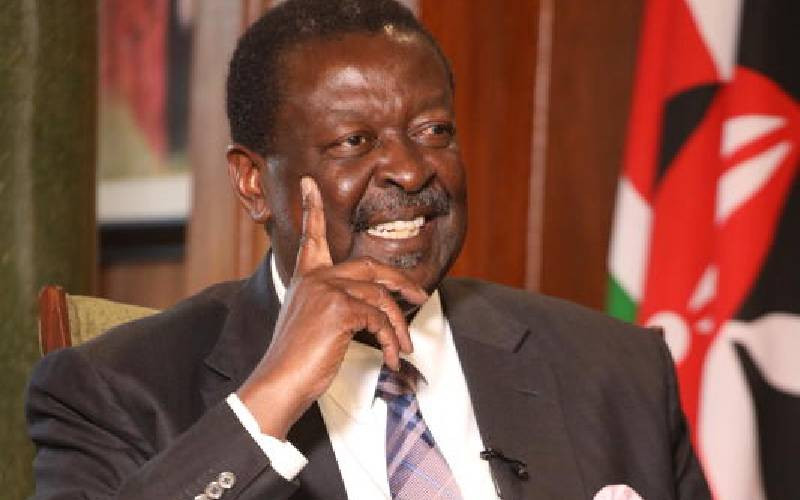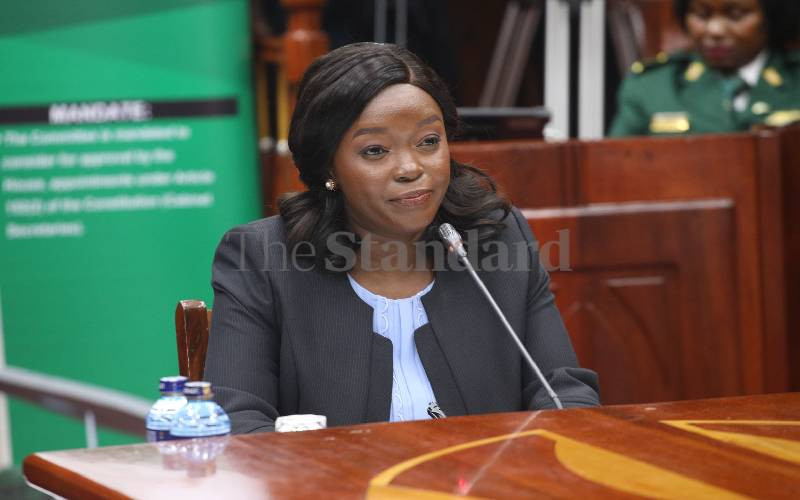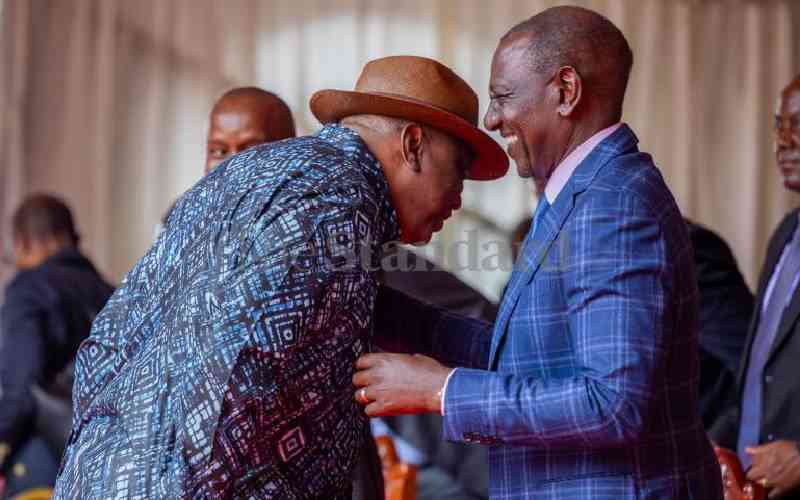This commemoration of Madaraka Day tomorrow will be a remembrance of the historic day when we attained self-rule, when we finally triumphed over colonial forces that had warped our identity and oppressed our people.
It will be a time to retrospect on nationhood, to reflect upon the forces that have woven our identity and enabled our progress, to be wary of the forces that have often threatened to dismantle all our gains.
It will be a time to study important lessons from which we can draw inspiration and extrapolate the future we want. Granted, one of the most important lessons we can learn at this time is the spirit of selflessness.
Sacrifice for others
The ultimate expression of love is sacrifice. Because of this, our forefathers shed blood while fighting for our right for self-rule. This they did, not for their own sake, but for our sake. It is through this expression of sacrifice that we can enjoy the many freedoms and rights bestowed to us by the rule of law and the Constitution.
It is the ultimate form of love that these forefathers expressed, for they knew that they would not be here at this point in time to enjoy these gains that they fought so fervently for, but that did not deter them from the struggle. It is us who have this privilege of enjoying the same rights and freedoms, and it is baffling how sometimes we take it for granted.
Lessons from history
Admittedly, our nation in its entirety is founded on this spirit of selflessness that our forefathers embodied. Therefore, when we look at the progress we have made, shouldn’t we do so within the context of what we have had to overcome, rather than through the lens of outsiders who do not share our identity? I have always reiterated that those of us who are living in the present have the undeserved gift of history at our disposal.
We have the privilege of studying history, drawing important lessons from it, and learning from the mistakes of the people who lived before us.
When I study the past, I cannot help notice a pattern, that all nations that are deemed to be great have been founded on this spirit of selflessness, of people who saw the bigger picture, and subsequently committed to ensuring that the generations that were coming after them would enjoy privileges which they did not have. It is what founded the American Dream.
However, in more recent times, I have realized an emerging trend which is not only puzzling, but also worrying. It is the spirit of self-glorification. Some historians argue that this concept of self-glorification emerged in the late 1980s in the West. Consequently, Western culture has become more individualistic, inward focused and a tad too narcissistic.
Culture of entitlement
Younger generations have become more and more entitled, and notions such as “ask what your country can do for you, ask what you can do for your country,” have been replaced by new age concepts such as “what’s in it for me”.
Such dangerous concepts are now finding their way to this part of the globe, and specifically to our country.
Consequently, our young people are in danger of internalizing such retrogressive concepts, thanks to the power of social media.
Stay informed. Subscribe to our newsletter
When such media is used to spread messages of doom and hopelessness, with total disregard to our history and the gains we have made, shouldn’t we have reason to suspect the carriers of such messages, the modern doomsday prophets?
What’s more, when these self-appointed doomsday prophets then advocate for alternatives that are not only treacherous, but also disregard the rule of law, shouldn’t we question their motives?
We have come a long way, as a people, as a nation. We have come to respect the rule of law as enshrined in our Constitution. Subsequently, this rule of law stipulates our rights and freedoms and how we relate to each other.
The overarching principle is that our nation is bigger than any individual or group, and as such, our personal ambitions are subservient to our collective hard-gained peace, stability and steady progress.
We choose our leaders through an election, which is largely a peaceful process that ultimately reflects the will of the people.
Those spreading messages of doom and despair, and calling for a revolution are asking us to look away from the gains we have so far made, and to descend to anarchy and chaos. They are looking at us through the lenses of selfish outsiders, asking us to undo the progress we have made, to show contempt to those who fought so hard for our nation, and to scorn at the future generations.
Mr Mokamba comments on social issues.
 The Standard Group Plc is a
multi-media organization with investments in media platforms spanning newspaper
print operations, television, radio broadcasting, digital and online services. The
Standard Group is recognized as a leading multi-media house in Kenya with a key
influence in matters of national and international interest.
The Standard Group Plc is a
multi-media organization with investments in media platforms spanning newspaper
print operations, television, radio broadcasting, digital and online services. The
Standard Group is recognized as a leading multi-media house in Kenya with a key
influence in matters of national and international interest.
 The Standard Group Plc is a
multi-media organization with investments in media platforms spanning newspaper
print operations, television, radio broadcasting, digital and online services. The
Standard Group is recognized as a leading multi-media house in Kenya with a key
influence in matters of national and international interest.
The Standard Group Plc is a
multi-media organization with investments in media platforms spanning newspaper
print operations, television, radio broadcasting, digital and online services. The
Standard Group is recognized as a leading multi-media house in Kenya with a key
influence in matters of national and international interest.









